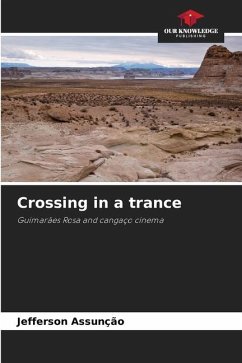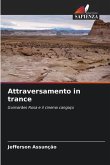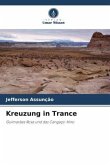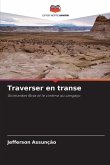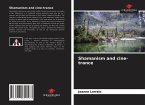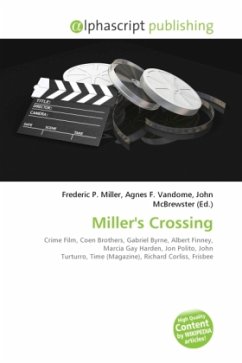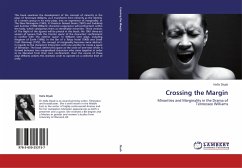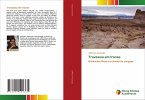The aim of this book is to study, in a comparative analysis, the relationship between João Guimarães Rosa's imagistic language and cangaço cinema, based on a film that is said to have been directly influenced by the writer: Deus e o diabo na terra do sol (God and the Devil in the Land of the Sun) (1964), by Glauber Rocha. To this end, concepts from Literature, Cinema and Philosophy will be used, fields through which this research will pass, as will be described below. It is known that Guimarães Rosa did not like a certain philosophy, as he navigated other logics, far from what he calls, in a letter to his Italian translator, Edoardo Bizzarri, "the Cartesian shrew" or, in a conversation with the German literary critic, Günter Lorenz, "the curse of language". In this sense, the philosophical apparatus used in this work goes beyond and constitutes an immense critical legacy to Cartesianism.
Bitte wählen Sie Ihr Anliegen aus.
Rechnungen
Retourenschein anfordern
Bestellstatus
Storno

